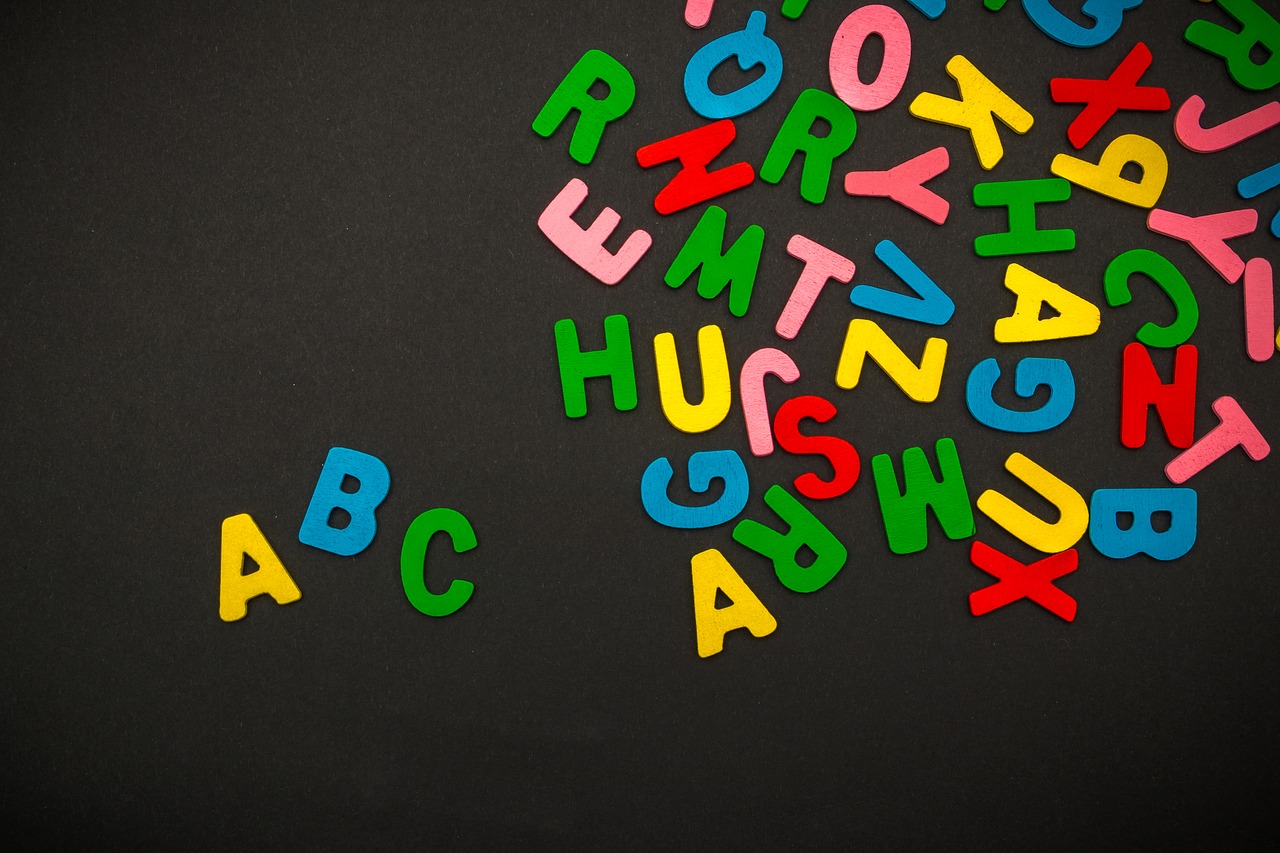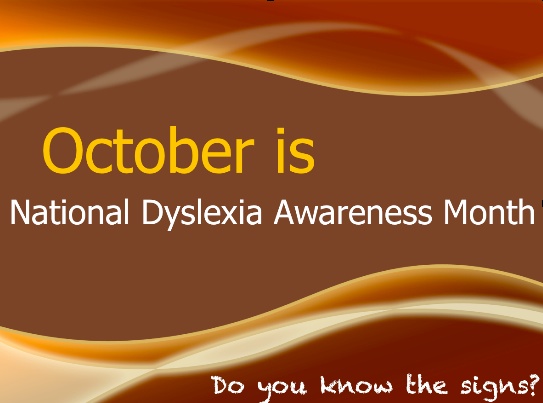Why Working Memory Fails and How to Bolster It
 Many experts today argue that attention deficit/hyperactivity disorder is not, at its core, an attention problem, but rather a self-regulation problem exacerbated by weak working memory.
Many experts today argue that attention deficit/hyperactivity disorder is not, at its core, an attention problem, but rather a self-regulation problem exacerbated by weak working memory.
Our brains comprise two systems: the automatic and the executive. The automatic system guides 80 to 90% of our activities every single day; the executive system guides the remaining 10 to 20% and requires purposeful, regulatory effort. As many with ADHD know, this system of executive functioning can be exhausting; it requires frequent mental pauses and ceaseless self-regulation.
The importance of working memory is growing within the study ADHD, according to Dr. Russell Barkley, author and clinical professor of psychiatry at Virginia Commonwealth University Medical Center. He calls working memory your brain’s GPS — an essential system that guides and directs actions, and which is commonly weak in people with ADHD. Dr. Barkley explained this GPS theory in depth in a joint presentation with ADHD coach Jeff Copper during an Attention Talk Radio podcast earlier this year. In a joint presentation, Dr. Barkley and ADHD coach Jeff Copper shared strategies for offloading working memory stresses in the ADHD brain.
Digital isn’t always the best solution.
To lessen the burden on your working memory, begin by simply writing things down with pen and paper. Yes, your phone is often nearby, but using technology for all such memory tasks is “… misguided for ADHD in many ways,” Barkley says. Use an ADHD-friendly notebook as the external storage device for your working memory. Use imagery, not just language; make to-do lists; keep your schedule; make goals – but do it on paper.
When you do use tech, use it wisely.
For example, Copper suggests snapping a photo of the outfit you’ve laid out for an upcoming trip so that you can recall it quickly from your offloaded, externalized working memory – now in the form of a photo – while balancing other priorities during your trip.
Map it out.
Barkley suggests creating a work (or mind) map. This works well for those who achieve better results with visual cues – particularly when working on longer written projects or reports. Creating an image of something can be easier and faster to retrieve because it can be instantly imagined. For example, sticky notes can make great low-tech systems, because they can be moved around as we think through an assignment, allowing for quick categorization, scheduling, detailing, and rearranging without expending more mental energy.
Simplify your workspace.
When it comes to controlling distractibility and impulses, working memory is often fragile. Barkley recommends limiting your workspace to only what’s involved in the project at hand. He even suggests that some students and professionals benefit from using two computers – one with games, social media and the web, and one that is stripped down, for work only.
Take time to discover what’s right for you.
One size does not fit all. According to Barkley, research shows that, in the average ADHD brain, verbal working memory is twice as strong as visual working memory. For some, however, this isn’t the case. Artists, architects, and others who are visually inclined generally find that the opposite is true. (Some even find that their tactile, auditory, and olfactory senses may be harnessed to lighten the load on working memory.)
Excerpted from “Your Brain’s GPS Is Glitchy: Why Working Memory Fails and How to Bolster It” in ADDitude Magazine. Read the full story online.
Source: ADDitude Magazine | Your Brain’s GPS Is Glitchy: Why Working Memory Fails and How to Bolster It, https://www.additudemag.com/working-memory-powers-executive-function | Copyright © 1998 – 2021 New Hope Media LLC
If you have concerns about your child, CHC Care Coordinators can arrange a free 30-minute consultation so you can explore options with an expert. We invite you to call or email us at 650.688.3625 or careteam@chconline.org to set up an initial Parent Consultation appointment. CHC teletherapy services are available now.





